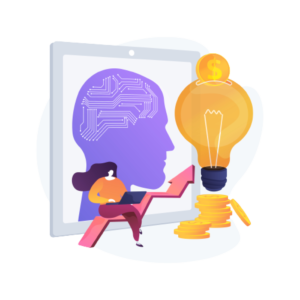The process of annotation of a picture with the attributes you want a machine learning model to identify is known as image annotation. By labeling, analyzing, or transcribing certain visual elements, annotators can add metadata to an image.
The supervised learning principles are needed to train a machine learning model to recognize desired characteristics. Your machine learning model should be able to recognize desirable features in a real-world setting and then decide or act as a consequence.
The reasons to hire remote image annotators include:

We choose a workforce that is tailored to your requirements in terms of language, time zone, and academic qualifications, and we train and supervise them throughout your projects.

We promise the most outstanding quality for your picture annotation and the protection of your data thanks to a comprehensive and automated quality control system.

We have a robust workforce management platform (assignment, training, tracking, payment, analytics) and a CSM staff devoted to your projects, along with constant OPS monitoring.

We provide 100% customizable annotation picture tools (APIs) for machine vision, natural language processing, etc.

We use 2D bounding boxes for categorizing and tagging images of interest and their characteristics for robots, drones, visual search, retail, and autonomous vehicles. In order to train precise object detection, we additionally use 3D bounding boxes to determine the height, breadth, and depth of objects.

Image classification is the process of using a single label to describe an entire image. Before providing the finished output, our classification services classify your photographs into the required categories, and our experts evaluate the process quality.


To help your model learn by removing any potential noise, annotate your objects by delimiting their contours. Our Polygon annotation tool has many capabilities to fulfill all of your needs, including point orderings, an infinite number of segments, annotation pictures by instance, and output format customization.

Lidar annotation is one of the most challenging image annotation services, which necessitates not only a powerful and quick annotation tool but also a workforce that has been specially trained for your use case and is managed by a committed and skilled project manager. Based on feedback from our clients, we created a solution that satisfies all of their requirements.

Using our Polyline annotation tool, which was created especially for autonomous vehicles, you can teach your computer vision model to recognize and distinguish between lanes, streets, walkways, and parking spaces.

On a series of distinguishing points, we mark things, features of the face, bodily parts, and movements. For facial recognition, emotion identification, gesture detection, and movement prediction, we offer human-pose and keypoint annotation services.

Cupoid annotation is the process of using cuboids to name objects in 2-dimensional images. Making home products and indoor things, such as furniture, visible to AI discrimination models through computer vision is made much easier with the aid of 3D cuboid annotation.

2D-3D Individual items in an image can be annotated using bounding boxes and polygons. Semantic segmentation annotation, on the other hand, is used to annotate each pixel in a given image. Pixel-level labeling a picture is achievable via semantic segmentation.

Picture annotation services carried out at the backend using autonomous flying training data can make AI systems enabling automated or assisted flight simpler and more accessible.

The car can identify objects like pedestrians, other vehicles, traffic signs, and barriers by annotating the bounding boxes of everything in its vicinity with computer vision techniques.

Effective deployment of annotation images and data labeling can be essential for automating processes and assisting merchants in improving the shopping experience for customers.

An important component of finding connections between genetic codes, powering surgical robots, and improving healthcare processes & productivity is embedding annotations & relevant labels in AI.

Bounding box annotations and IoT sensors for agriculture can supply real-time data for AI algorithms to help enhance agricultural productivity and yield using real-time insights from their fields.

Robotics frequently uses 3D object detection, which is made possible by data annotation and labeling pictures, to prevent collisions with dynamic things like people, animals, and moving characters.

We constantly adapt the model of collaboration to the specifics of the service and the customer’s preferences when it comes to billing, licensing, and service maintenance.

We only need the raw data and your specifications; the image tagging services and quality assurance testing will be handled by us within the allocated time.

We assign a qualified labeler who works closely with you on the project, offers image tagging services with a flexible workload, and we take care of quality assurance.

We find a committed worker that commits 40 hours per week to work only on your project and provide annotation image services for you in accordance with your instructions.
You can get text annotation services appropriate for your company in only 5 easy steps!
If we had the chance to answer your questions or learn more about your project, we would be delighted to do so. Fill out the form below to let us know how we can help!

Get in touch with us using the form below

Hop on an introductory call with us

Share your project requirements

Receive an estimate from us

Start collaboration and get regular updates

The procedure involves correctly categorizing an image using a combination of human and computer-assisted technology. It is crucial for building computer vision models for complex tasks using images.
A software program that can be used to annotate production-grade image data for machine learning is known as an image annotation tool. There are numerous commercially accessible image tagging tools as well as open source and freeware programs, while some organizations adopt a do-it-yourself strategy and create their own tools. While some solutions offer a broad range of features to support a wide range of use cases, others are specifically tailored to concentrate on particular types of labeling. Depending on your current and future demands for picture tagging, you should decide whether to use a specialist tool or one with a more comprehensive set of features or capabilities.
The process of labeling or categorizing a picture for machine learning involves utilizing language, drawing tools, or both to demonstrate the data qualities you want your model to detect automatically. A dataset gains new metadata when you annotate a picture. Data labeling, tagging, transcribing, or the processing are other terms used to describe image annotation in image annotation companies. Additionally, you can annotate videos in real-time, as a stream, or frame by frame.
An annotated image in machine learning is one that has been marked with text, annotation software, or both to display the data features you want your model to identify automatically. A dataset gains new metadata when you are tagging an image. A sort of data labeling known as image annotation is often referred to as tagging, transcribing, or processing in an image annotation company. Additionally, you can annotate videos in real-time, as a stream, or frame by frame.
We have the tools and knowledge necessary to create your image annotation software or just assist you with outsourcing image annotation for different fields, such as medical image annotation. Contact us right now to receive the best picture annotation services!
